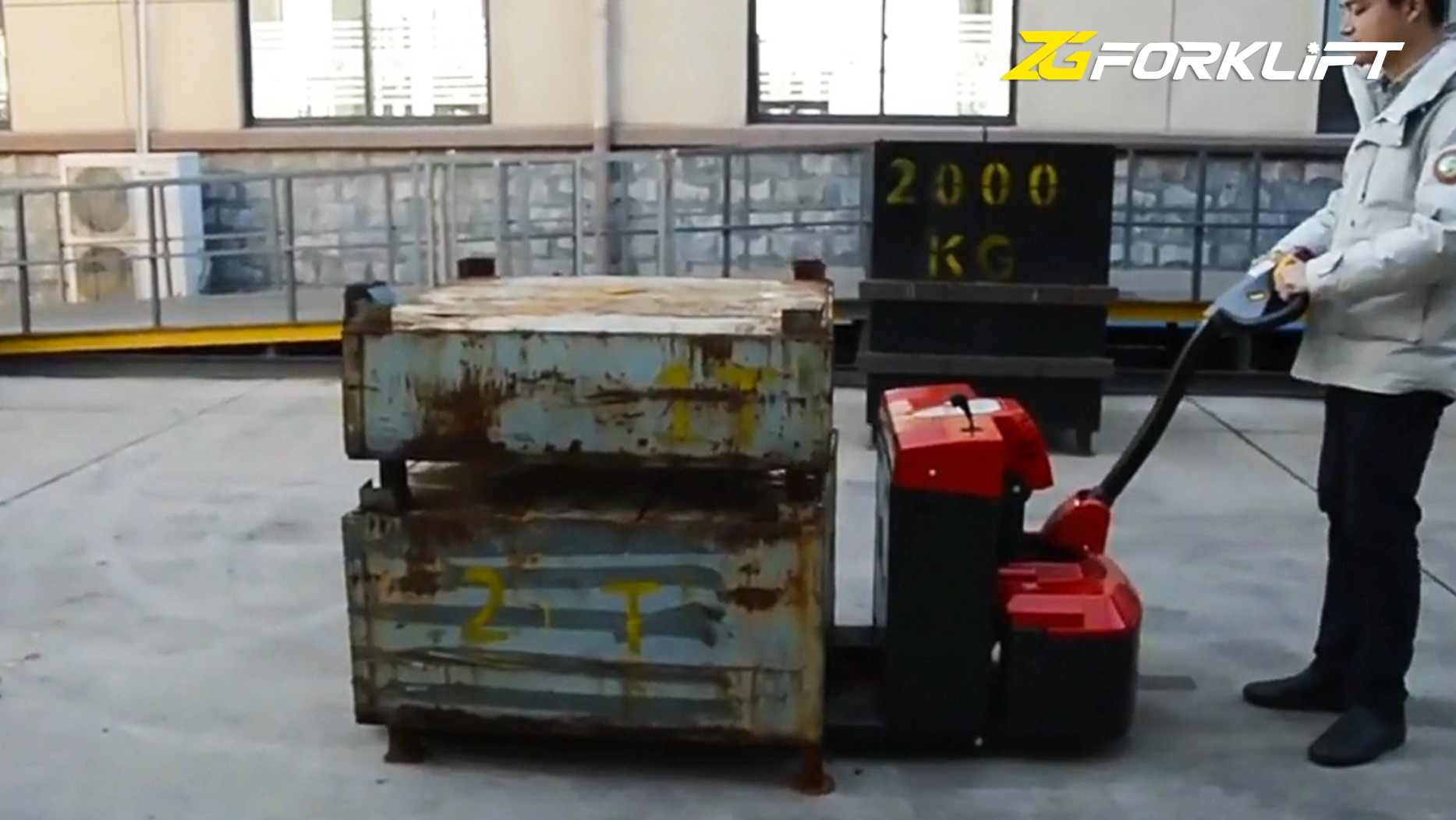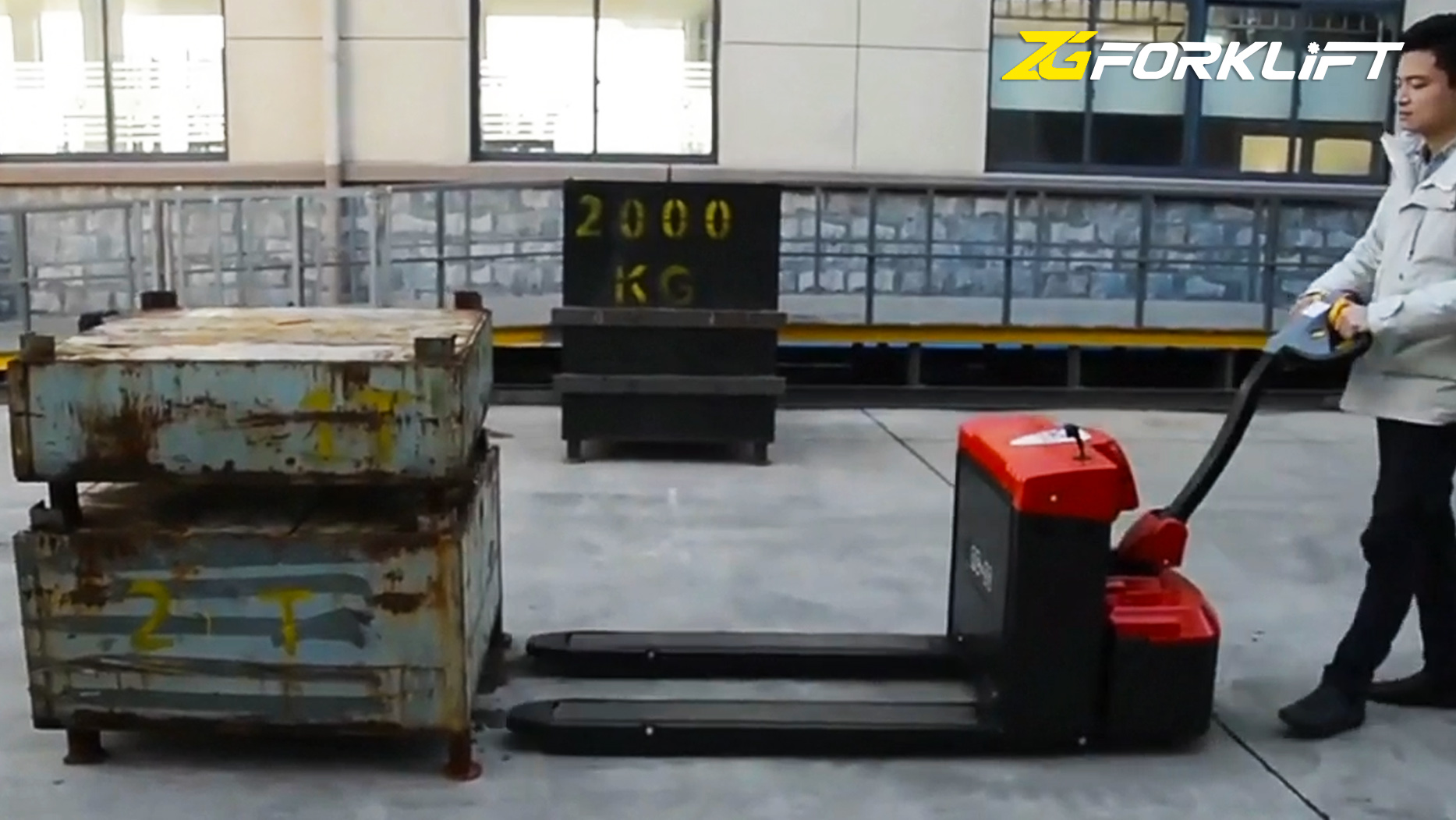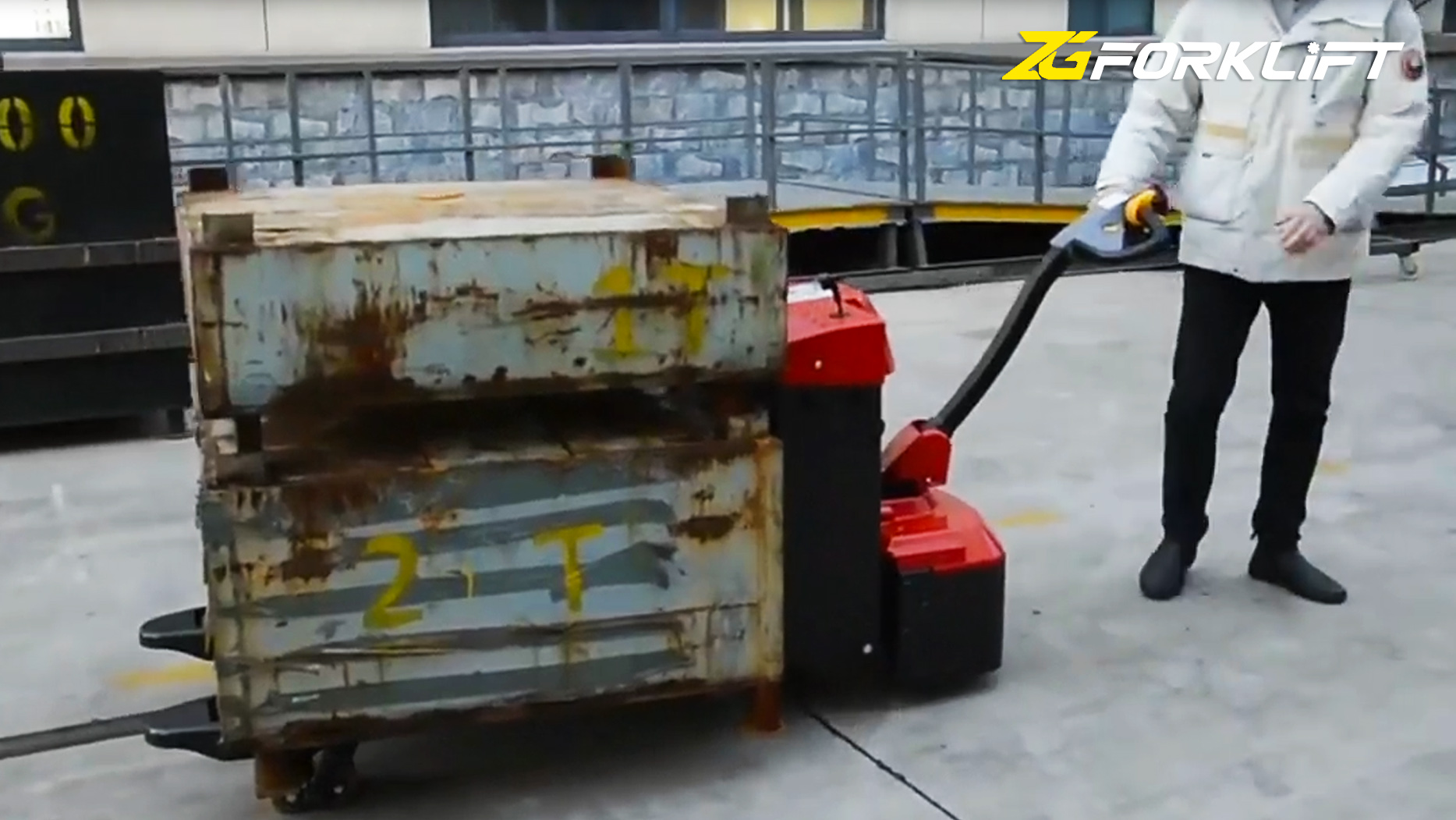I. Introduction
In the United States, the term "pallet trucks" is the standard and universally accepted term for the equipment used to lift and move palletized loads. While other terms may be used occasionally, "pallet trucks" is the most common and widely understood terminology within the American material handling industry. This article will explore the various types of pallet trucks, their key features, and their significance in modern logistics and warehousing operations.
II. Defining "pallet trucks"
A pallet trucks is a manually or electrically powered piece of equipment designed to lift and move palletized loads.
It consists of two forks that are inserted under the pallet, allowing the operator to lift, transport, and maneuver the loaded pallet with relative ease.
pallet trucks are essential tools in warehouses, distribution centers, and other industrial settings where efficient material handling is crucial.
III. Types of pallet trucks
Manual pallet trucks: * Operated manually by the operator using a hydraulic pump to lift the forks. * Most common and cost-effective type of pallet trucks. * Suitable for lighter loads and shorter distances. * Require physical effort from the operator.
Electric pallet trucks: * Powered by an electric motor, providing easier and faster operation. * Suitable for heavier loads, longer distances, and frequent use. * Available in various configurations, including walk-behind and ride-on models. * Offer increased productivity and reduced operator fatigue.
Specialized pallet trucks: * Include specialized models for specific applications, such as: * Low-profile pallet trucks for working under low clearances. * Heavy-duty pallet trucks for handling extremely heavy loads. * Stacker trucks, which can lift pallets to higher levels.
IV. Key Features of pallet trucks
Fork Size and Capacity: pallet trucks come in various sizes to accommodate different pallet dimensions and load capacities.
Hydraulic System: The hydraulic system is crucial for lifting and lowering the forks smoothly and efficiently.
Maneuverability: Maneuverability is essential for navigating narrow aisles and tight spaces within warehouses.
Ergonomics: Ergonomic features, such as comfortable handles, adjustable controls, and low noise levels, enhance operator comfort and reduce fatigue.
Safety Features: Safety features, such as load wheels and horn systems, enhance operator safety and prevent accidents.
V. The Importance of pallet trucks in Material Handling
pallet trucks are indispensable tools for efficient material handling operations.
They significantly improve the speed and efficiency of moving goods within warehouses and distribution centers.
They reduce the physical strain on workers by eliminating the need for manual lifting and pushing of heavy loads.
They contribute to increased productivity and reduced labor costs.
They play a crucial role in optimizing warehouse space utilization and improving overall operational efficiency.
VI. Safety Considerations
Proper training is essential for safe operation of pallet trucks.
Operators must be aware of potential hazards, such as collisions with pedestrians or obstacles.
Regular maintenance and inspections are necessary to ensure safe and reliable operation.
Following safety guidelines and using appropriate safety equipment, such as safety shoes, is crucial.
VII. Conclusion
"pallet trucks" is the standard term in the United States for the equipment used to lift and move palletized loads. These versatile and essential tools play a crucial role in modern material handling operations, enhancing efficiency, productivity, and safety within warehouses and distribution centers. By understanding the different types of pallet trucks and their key features, businesses can select the most appropriate equipment for their specific needs and optimize their material handling operations.
Post time:Feb.17.2025



